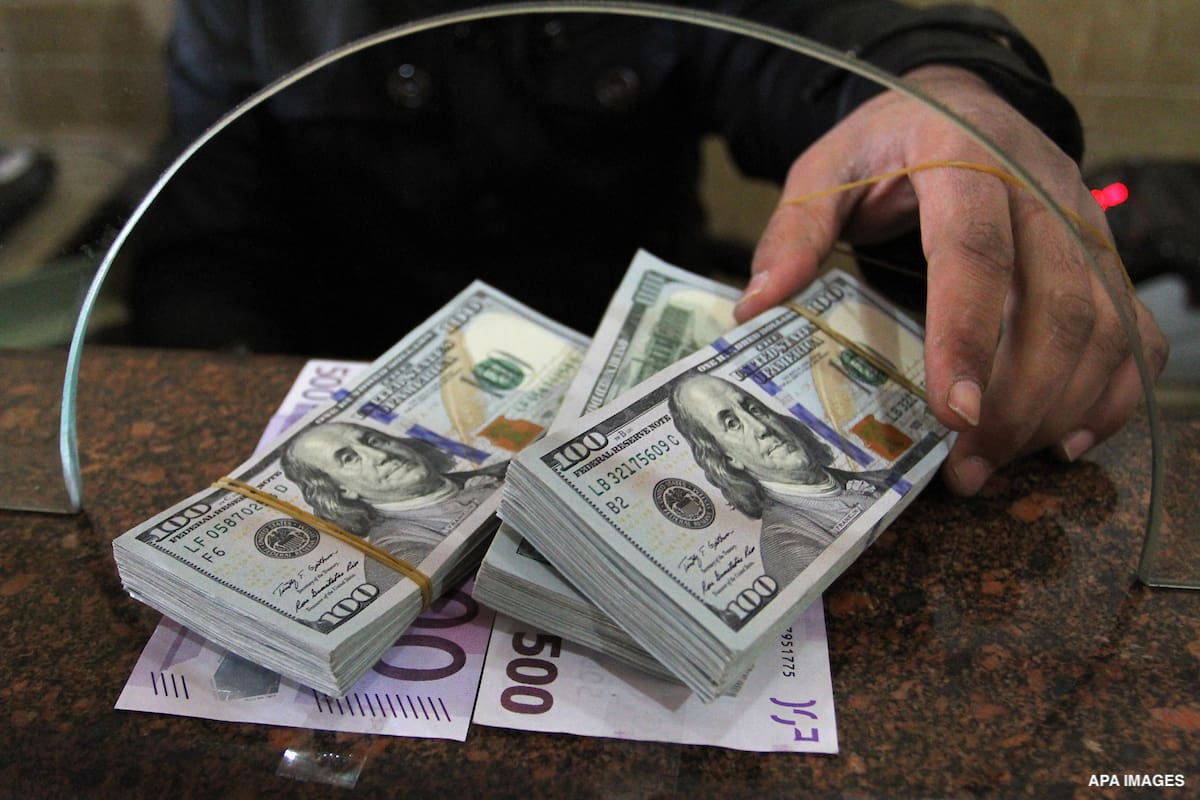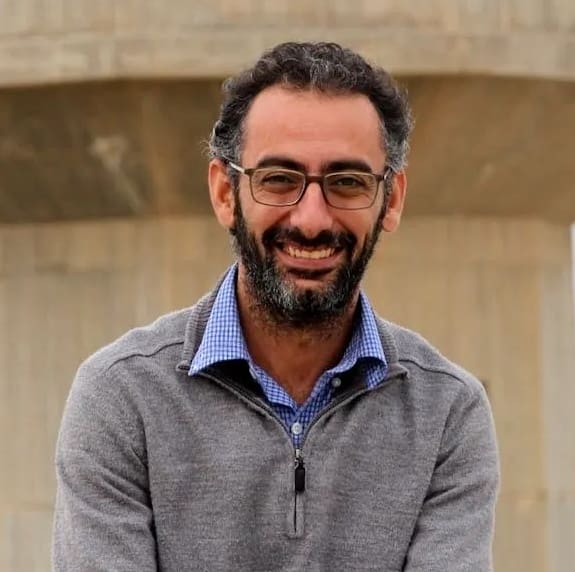
Introduction
Israel’s withholding of Palestinian clearance revenues is a longstanding practice, historically used to punish or manipulate the Palestinian Authority (PA). Since October 2023, the Israeli regime has only escalated its theft of Palestinian funds, bringing the PA to the verge of financial collapse. This policy memo argues that Israel’s weaponization of clearance revenues is not merely an extension of past measures but a reflection of a new, more radical agenda driven by the far-right. While the international community continues to play a moderating role, the memo argues that long-term prospects for the PA and the Palestinian economy remain deeply uncertain as Israel tightens its grip on key financial levers.1
Background
Clearance revenues refer to the taxes collected by Israel on behalf of the PA. These taxes include tariffs, purchase taxes, and VAT on imports from Israel and the rest of the world. About 99% of clearance revenues come from these sources, while the remaining 1% comes from income taxes paid by Palestinians working in 1948. Since 1994, the Paris Protocol has dictated the terms under which Israel collects and transfers this revenue, entrenching Israel’s significant control over Palestinian fiscal resources.
This arrangement has allowed Israel to suspend or deduct funds as it deems fit. Indeed, Israel has suspended the transfer of Palestinian taxes multiple times since this scheme was first developed, including during the Second Intifada, in 2006 following Hamas’ victory in legislative elections, in December 2012 in response to Palestine securing an upgraded status in the UN, and in 2015 after Palestine accepted the jurisdiction of the ICC over crimes committed in the West Bank and Gaza. Since 2019, Israel has also deducted sums equivalent to the payments made by the Palestinian government to the families of Palestinian prisoners and those martyred. These deductions totaled 3.54 billion NIS—just under $1 billion—between February 2019 and July 2024, amounting to 5% of the 2023 Palestinian GDP.
Escalation of Revenue Withholdings Post-October 2023
The situation worsened further in October 2023, when Israel began withholding an additional $75 million per month—equivalent to the salaries paid by the PA to civil servants in Gaza. Since then, these new withholdings have totaled more than $750 million. Moreover, Israel has also refused to transfer revenues from the departure tax on the Jordan crossings, which have accumulated over the years and exceeded $238 million. As a result, the total deductions amount to approximately $1.23 billion—nearly half of the PA’s clearance revenues.
Israel’s current approach toward withholding funds from the PA…suggests a strategic shift to undermine the PA itself Share on X
The suspension of funds has exacerbated the PA’s financial crisis, leading to significant delays in public servants’ salaries. When eventually paid, public employees receive only 70-80% of their earnings, while the remaining 30% accumulate as arrears. The long-term debt to local banks has increased from $1.04 billion in October 2023 to $1.59 billion in July 2024, while the debt to local institutions has risen from $50.5 million to $95 million during the same period. Israel’s withholding of nearly $2 billion in funds, the loss of income from Palestinian workers in Israel, and tightened movement restrictions have collectively contributed to a substantial increase in unemployment, from 12% to 32%, as well as rising poverty and food insecurity levels in the West Bank. This has also led to a 25% decrease in GDP, painting a grim picture of the PA’s financial health.
A New Strategic Goal: Eradicating the PA
Israel’s current approach toward withholding or deducting funds from the PA marks a significant departure from its previous containment strategy. While similar actions in the past have been used to punish or exert pressure on the PA, the magnitude of the current withholdings suggests a strategic shift to undermine the PA itself. Israeli Finance Minister Bezalel Smotrich has stated this aim explicitly for years, calling for an end to the PA and “unification” of the West Bank and Israel. Concurrent with these revenue withholdings, Israel has likewise barred Palestinian laborers from working within the 1948 borders, approved the largest West Bank land grab in 30 years, and carried out the most significant military assault on the West Bank in two decades.
Accordingly, the Israeli regime is no longer concerned with maintaining the status quo or using economic incentives to control the population. Instead, its aim is clearly to dismantle the PA and assert complete control over Palestinian life, leaving no room for any form of Palestinian governance or autonomy. As a result, there has been a marked decline in Palestinian economic activity, worsening living conditions, and increased insecurity among Palestinians in the West Bank.
The PA may be able to endure the current level of Israeli deductions from clearance revenues through increased borrowing and mobilizing international support. However, a complete suspension of transferring clearance revenues and cutting of banking relations between Israeli and Palestinian banks would likely precipitate the collapse of the PA. While pressure from the US and other international players have managed so far to persuade Israel to avoid these steps, the PA’s potential collapse is a stark reality that cannot be ignored.
- To read this piece in French, please click here. Al-Shabaka is grateful for the efforts by human rights advocates to translate its pieces, but is not responsible for any change in meaning.
Ismat Quzmar is an economic researcher based in Ramallah, Palestine. He is currently the External Relations Officer at the Palestine Economic Policy Research Institute (MAS) and previously worked with the Ministry of National Economy, the Palestinian Network of Non-Governmental Organizations (PNGO), and the Advancement Department of Birzeit University. Ismat holds a master’s degree in comparative law and economics from the International University College of Turin, IUC.










